Find Help
More Items From Ergsy search
-
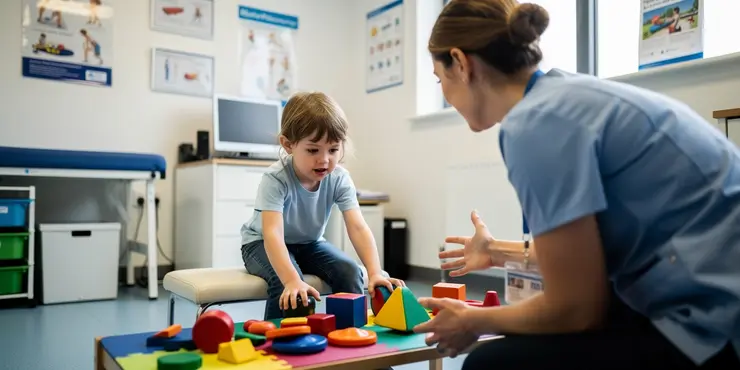
Helping Children With Co-ordination Difficulties
Relevance: 100%
-
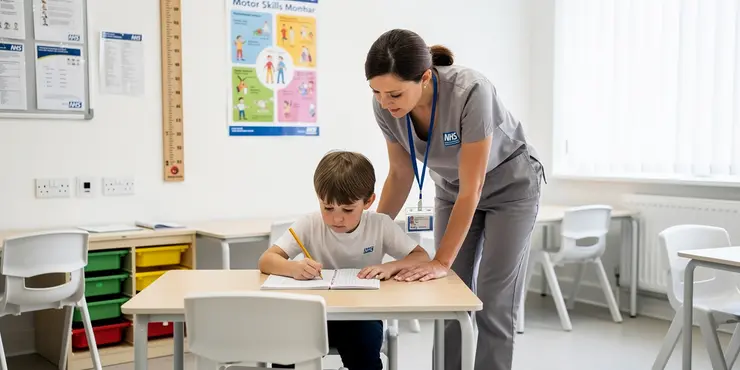
Children With Co-ordination Difficulties and Dyspraxia
Relevance: 100%
-
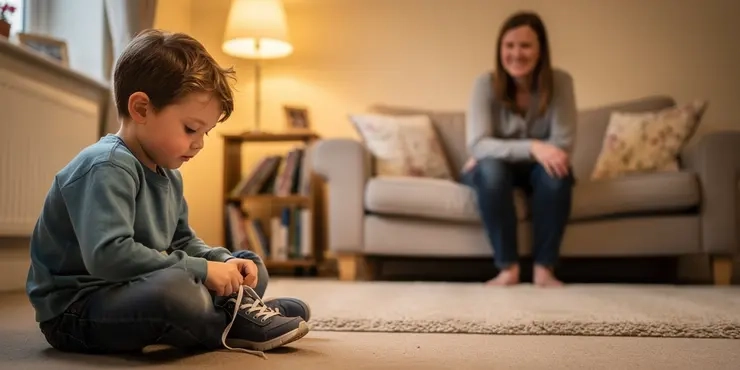
Developmental Coordination Disorder (DCD) for Children and Young People
Relevance: 63%
-
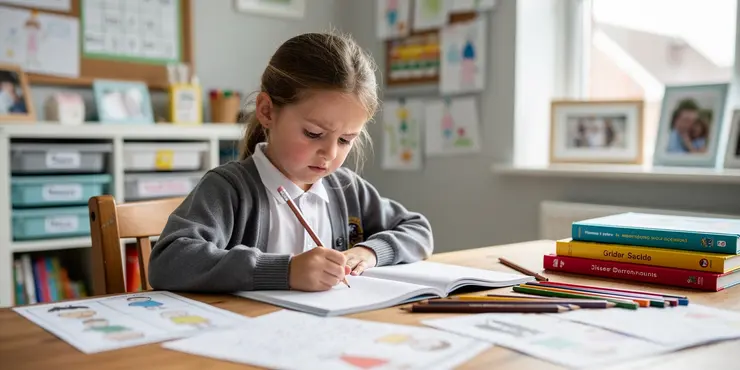
Dyslexia, Dyspraxia & Overlapping Learning Difficulties
Relevance: 47%
-
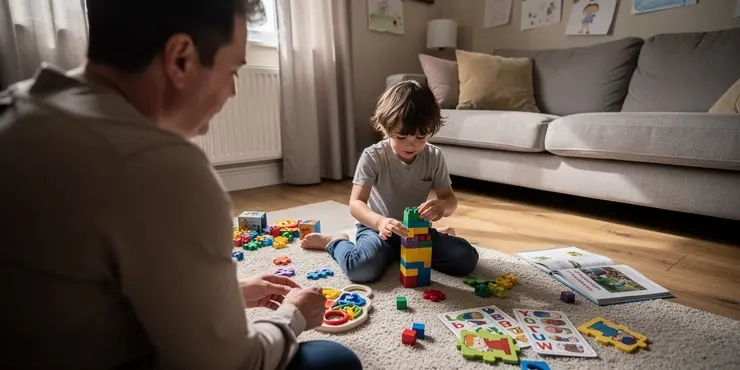
Dyspraxia Children: How to Help
Relevance: 39%
-
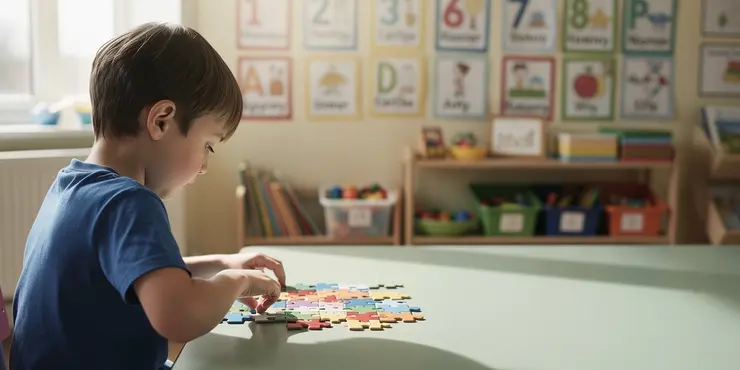
Who are SEND children?
Relevance: 36%
-
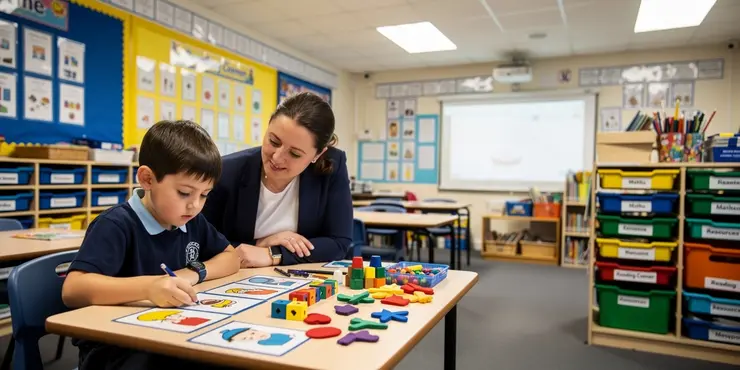
What are SEND children?
Relevance: 34%
-
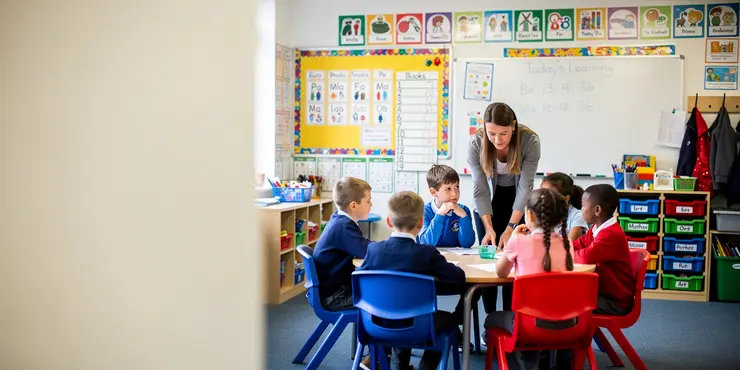
Do SEND children attend mainstream schools?
Relevance: 31%
-
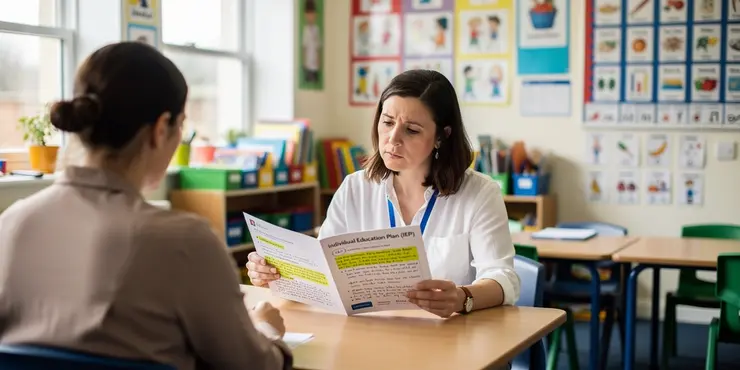
What support is available for SEND children in schools?
Relevance: 30%
-
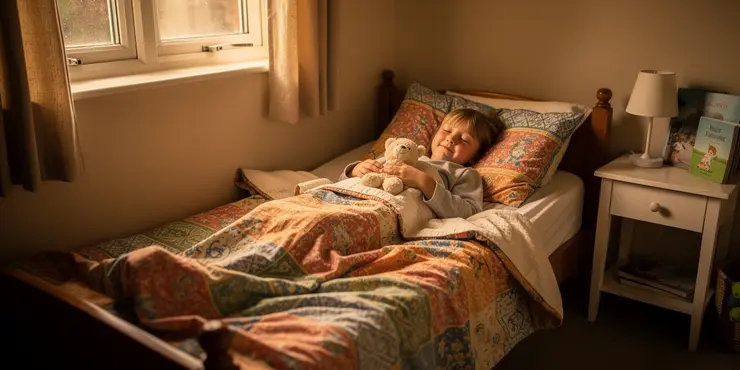
Can children have sleep apnea?
Relevance: 29%
-
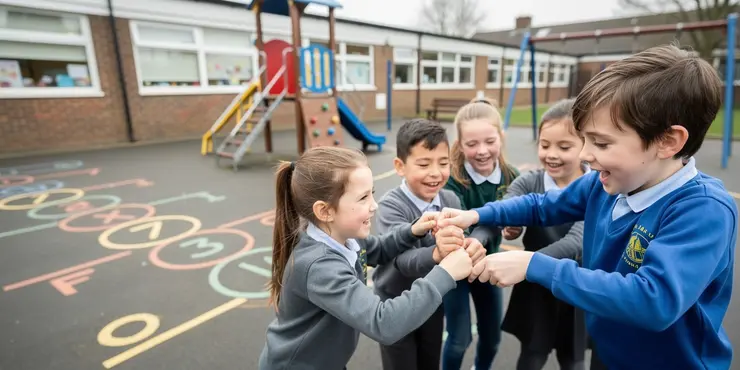
Dyspraxia Symptoms & Signs
Relevance: 29%
-
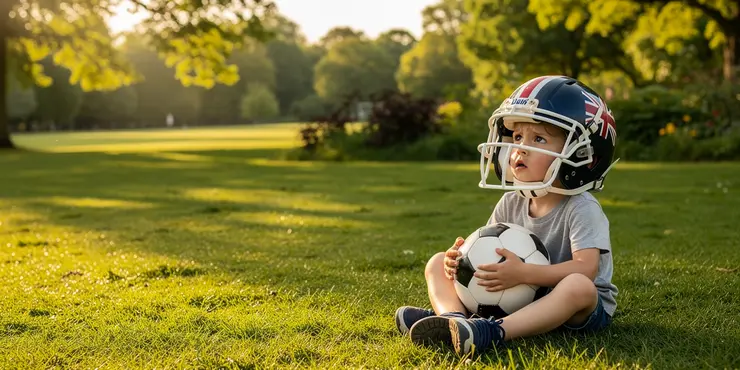
Are children more susceptible to concussions than adults?
Relevance: 28%
-
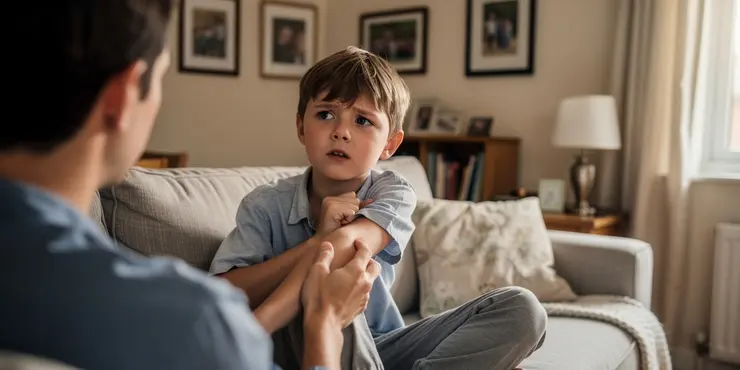
Can children get nettle rash?
Relevance: 27%
-
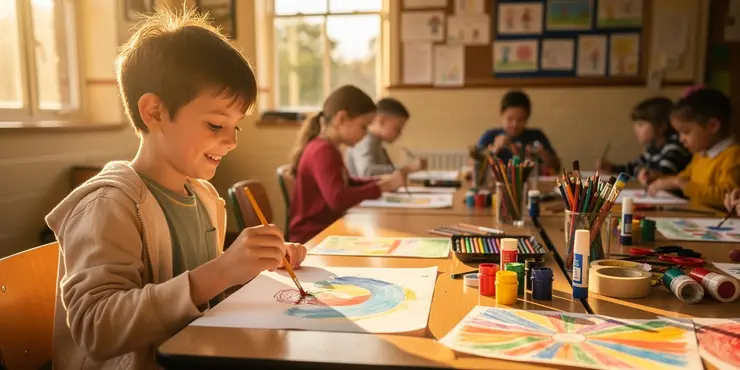
Can SEND children access extracurricular activities?
Relevance: 27%
-
Can children develop chronic fatigue syndrome?
Relevance: 27%
-
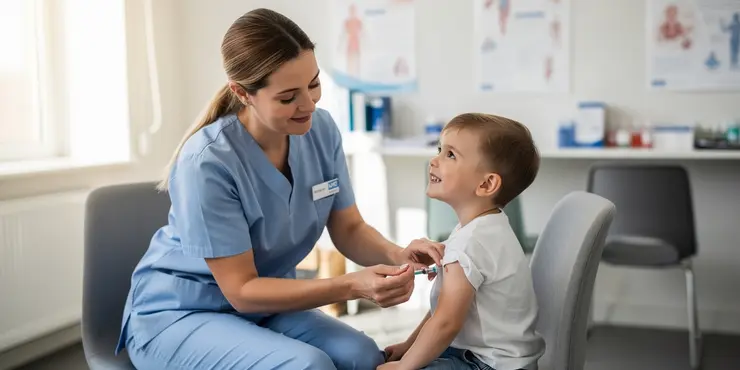
Children's Vaccination Schedule
Relevance: 26%
-
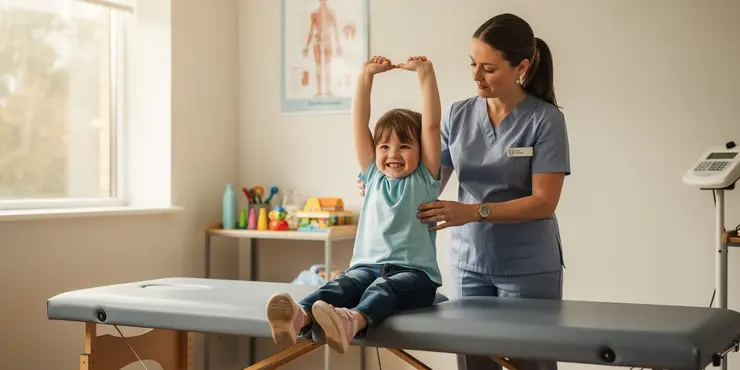
Can children benefit from chiropractic care?
Relevance: 26%
-
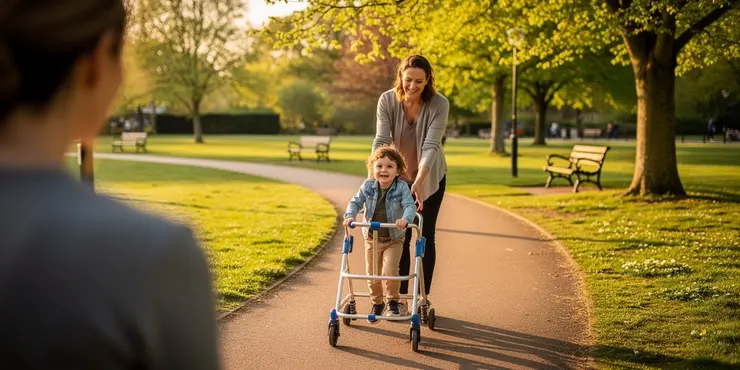
Are there specific mobility equipment for children?
Relevance: 26%
-
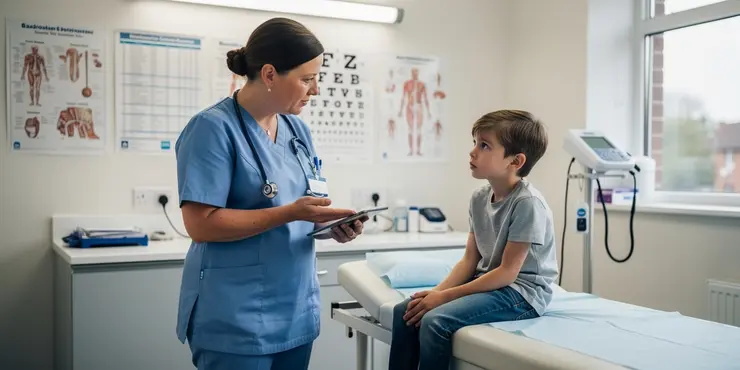
Is Baxdrostat suitable for children?
Relevance: 26%
-
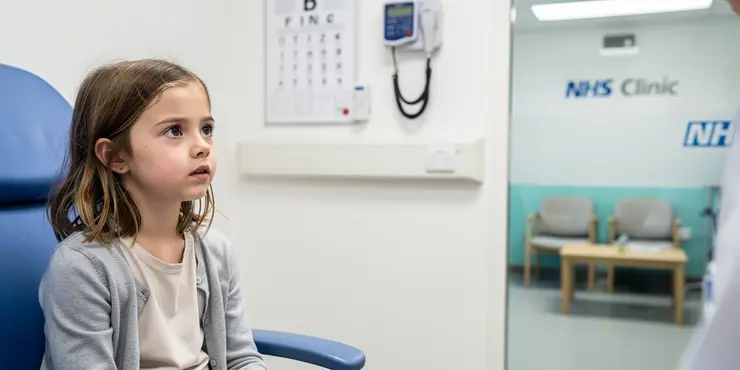
What is lupus in children?
Relevance: 26%
-
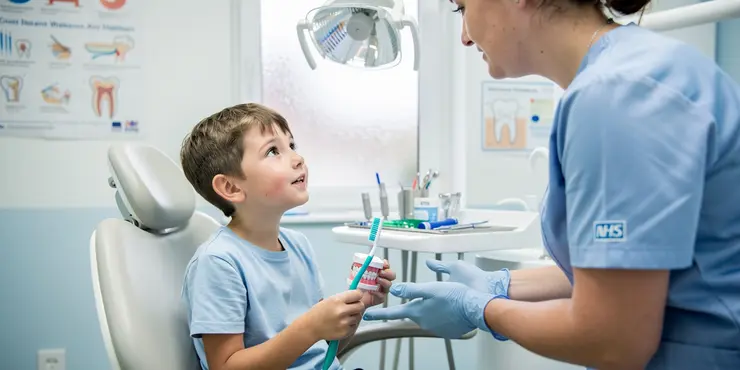
Is tooth decay common in children?
Relevance: 26%
-
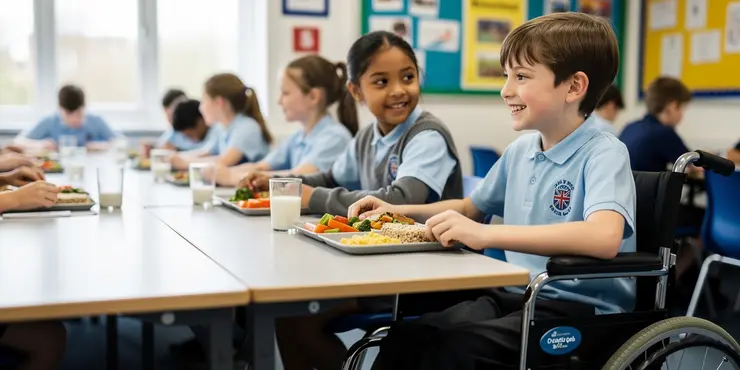
Can children with disabilities access school meals?
Relevance: 26%
-
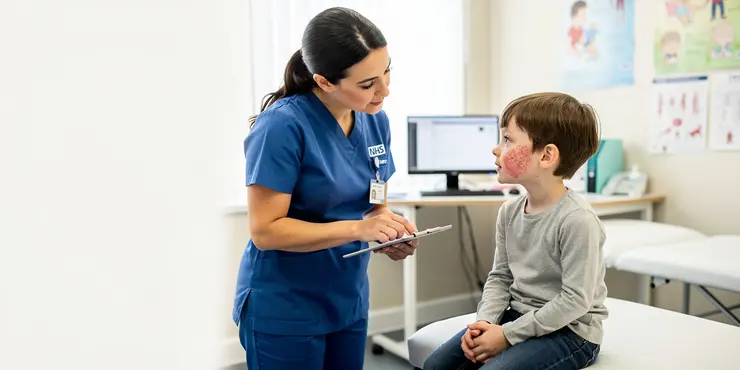
Lupus in children | NHS
Relevance: 26%
-
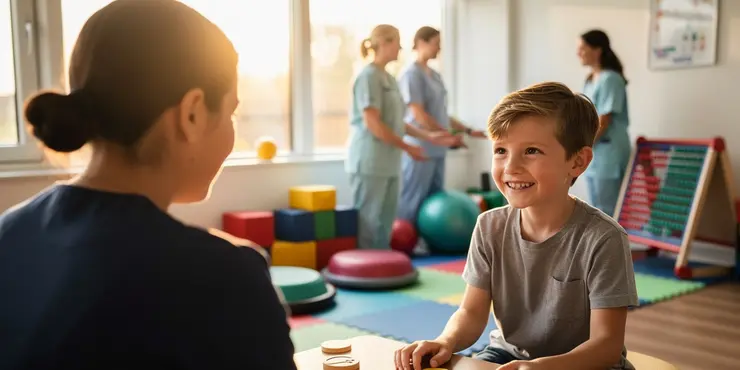
Childhood dyspraxia: James' story | NHS
Relevance: 26%
-
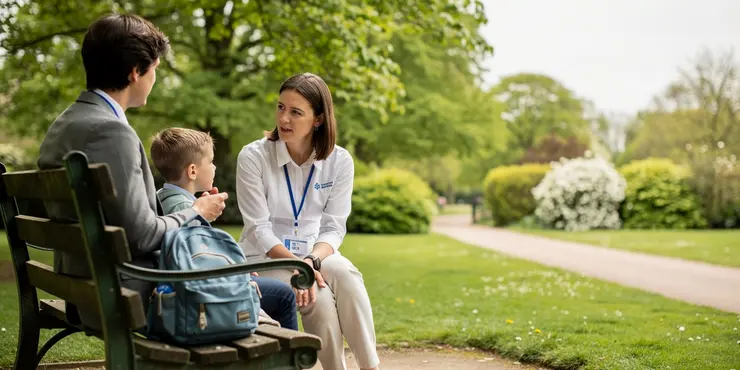
Understanding Mental Health in Children
Relevance: 25%
-
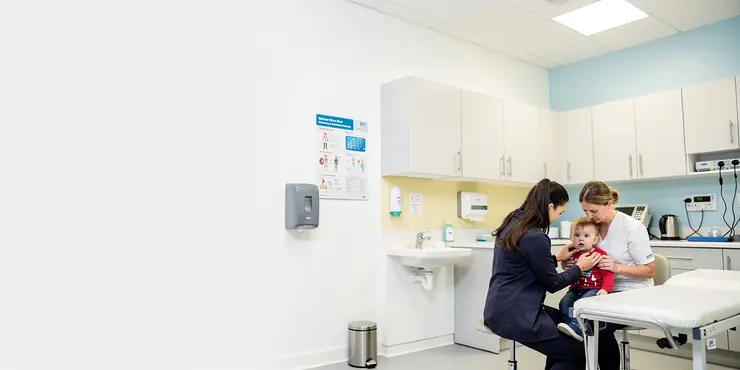
What is bronchiolitis in children? The symptoms, warning signs and when to seek medical help
Relevance: 25%
-
What is Dyspraxia (DCD)?
Relevance: 25%
-
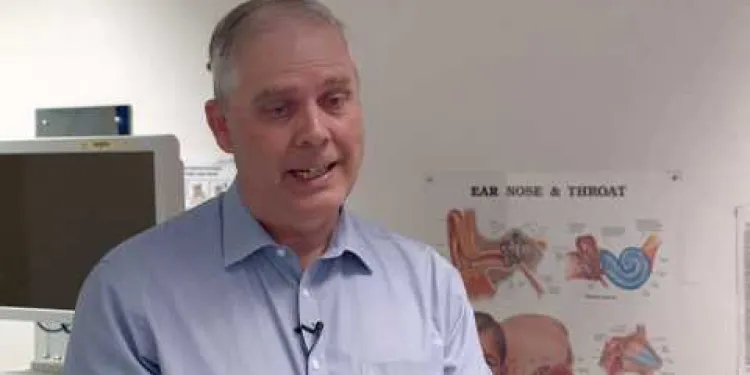
Evidence-Based Interventions: grommets for glue ear in children
Relevance: 25%
-
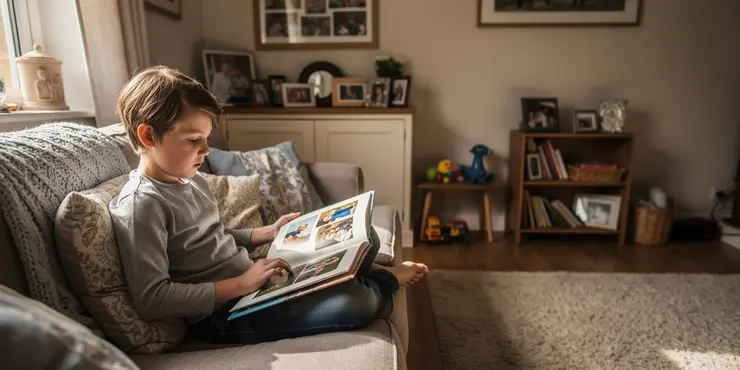
What causes lupus in children?
Relevance: 25%
-
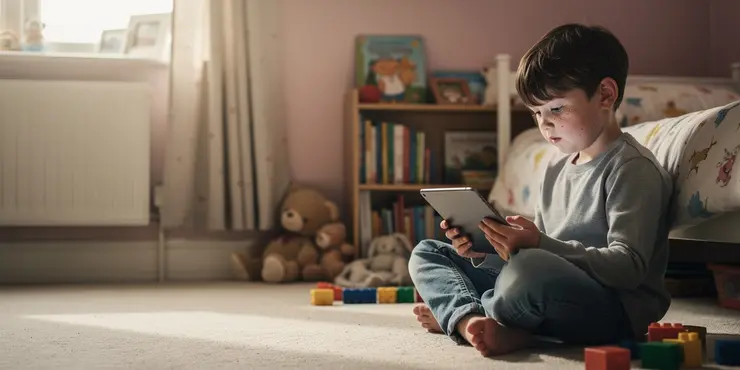
Are children more affected by screen time in relation to sleep than adults?
Relevance: 25%
-
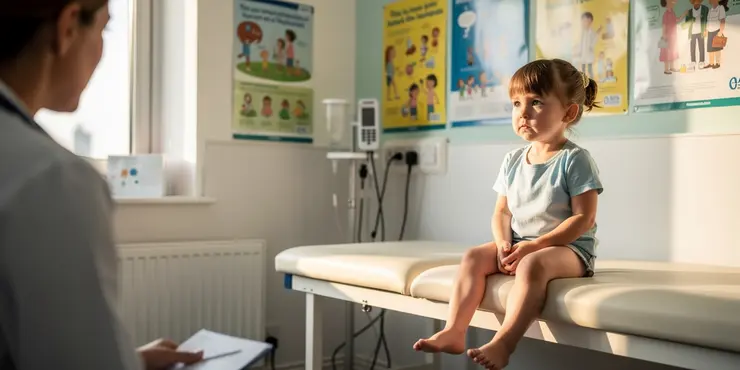
Can children use Mounjaro?
Relevance: 24%
-
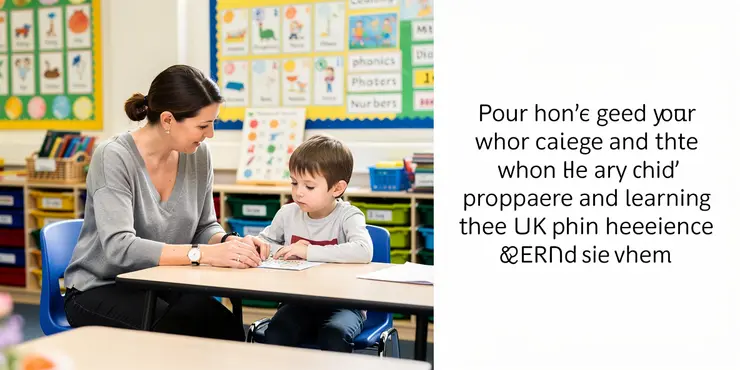
How is progress measured for SEND children?
Relevance: 24%
-
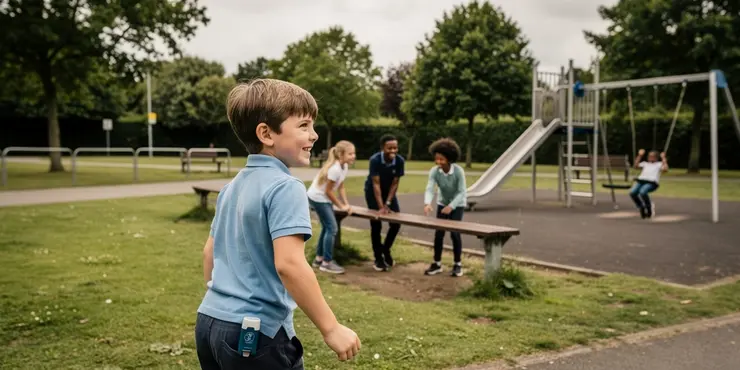
Can children outgrow asthma?
Relevance: 24%
-
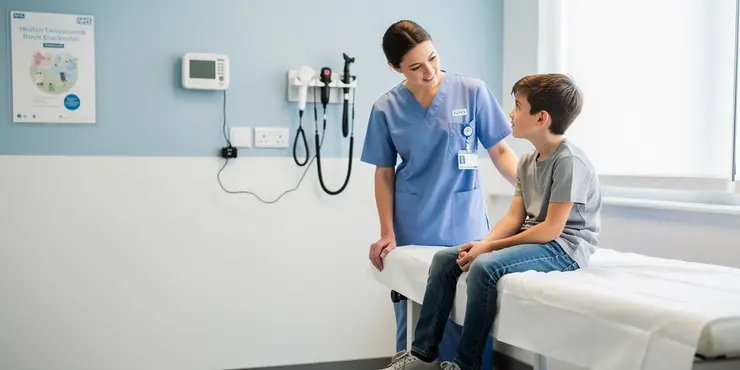
Can Wegovy be used by children?
Relevance: 24%
-
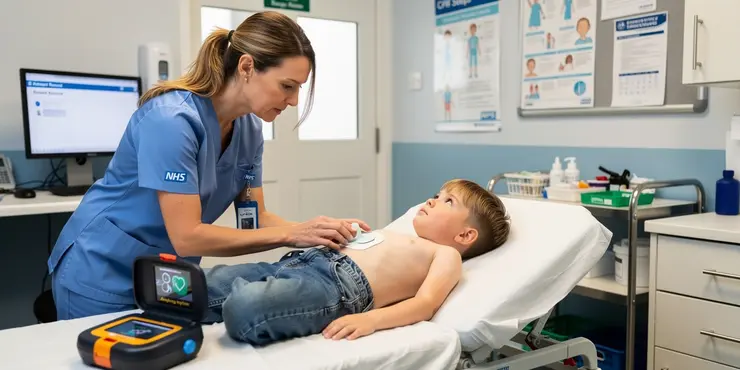
Can defibrillators be used on children?
Relevance: 24%
-
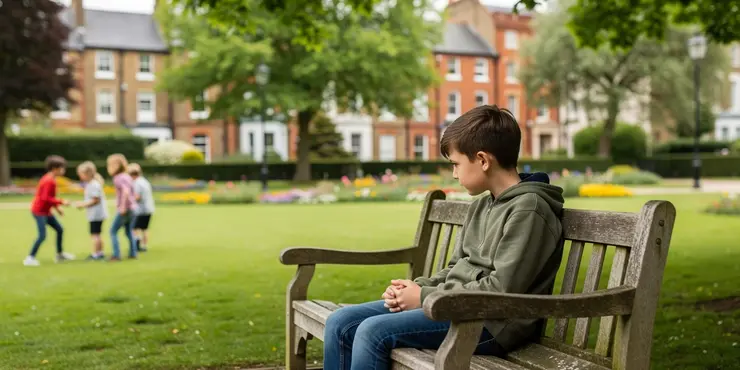
Navigating Mental Health Services for Children and Adolescents
Relevance: 24%
-
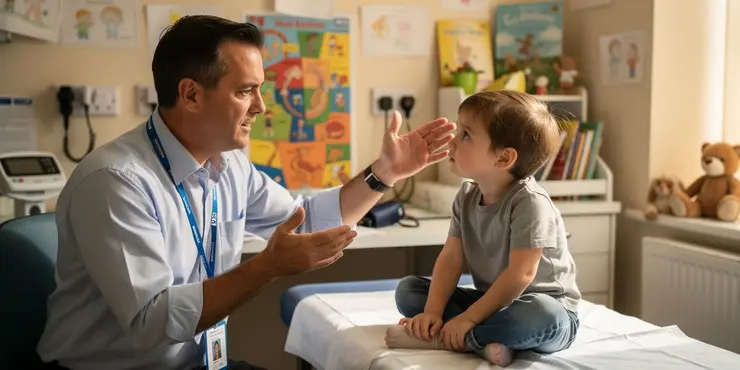
How is lupus diagnosed in children?
Relevance: 24%
-
Do groomers target children with specific vulnerabilities?
Relevance: 24%
-
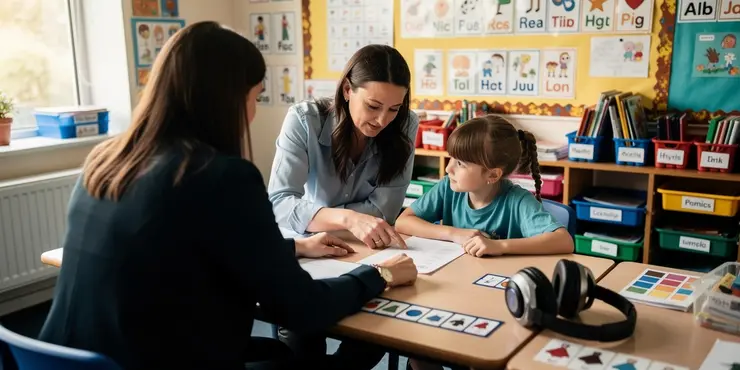
What role do teachers play in supporting SEND children?
Relevance: 24%
-
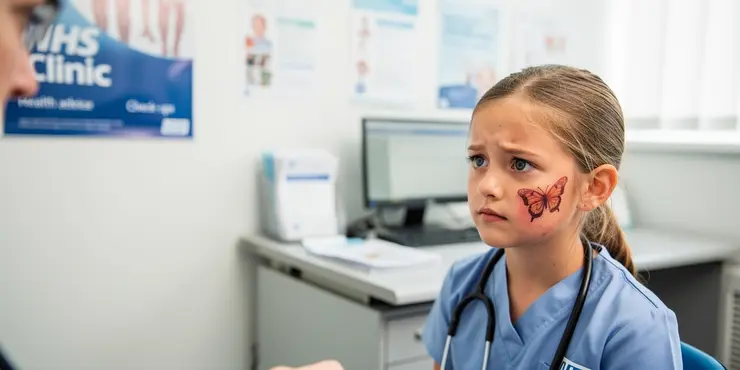
What are the common symptoms of lupus in children?
Relevance: 23%
Helping Children With Co-ordination Difficulties
Understanding Co-ordination Difficulties
Co-ordination difficulties can significantly affect a child's ability to perform everyday tasks. These difficulties, often referred to as Developmental Coordination Disorder (DCD) or dyspraxia in the United Kingdom, manifest in clumsiness, difficulty with fine motor skills, and challenges in physical activities. Being informed about these challenges is the first step in providing effective support.
Identifying the Signs
Identifying co-ordination difficulties early is crucial. Look for signs such as frequent tripping or bumping into objects, struggles with tasks like tying shoelaces or using utensils, and difficulty in participating in sports. If you notice these signs, it may be beneficial to consult a healthcare professional for an accurate diagnosis and tailored intervention plan.
Support Strategies at Home and School
Consistent support both at home and in school environments can markedly improve outcomes for children with co-ordination difficulties. Simple adaptations such as using larger writing tools, providing step-by-step instructions, and incorporating physical activities that enhance motor skills can be beneficial. Engaging in family activities that promote coordination, like dancing or playing catch, can also support development.
Professional Support Services
In the UK, various services are available for children with co-ordination difficulties. Occupational therapists can provide individualized therapy plans, focusing on improving motor skills and daily living activities. Schools may offer additional support through specialist educators and tailored physical education programmes. Parents are encouraged to work closely with these professionals to track progress and adjust strategies as needed.
Building Confidence and Self-Esteem
Children with co-ordination difficulties may experience frustration and low self-esteem. It's essential to foster a positive environment that celebrates small achievements and encourages consistent effort. Praise their progress, create opportunities for success, and be patient with their pace of learning. Emotional support can play a significant role in their overall development and well-being.
Conclusion
Helping children with co-ordination difficulties requires a holistic approach involving early identification, practical support strategies, professional assistance, and emotional encouragement. With the right support, children can improve their motor skills and gain confidence, paving the way for a fulfilling and active life.
Helping Children With Co-ordination Difficulties
Understanding Co-ordination Difficulties
Co-ordination difficulties make it hard for kids to do everyday things. This can include being clumsy or having trouble with small movements, like using a pencil. In the UK, this is often called Dyspraxia. Knowing about these challenges helps us support children better.
Identifying the Signs
It is important to spot co-ordination difficulties early. Watch for signs like tripping a lot, struggling with tying shoelaces, or having difficulty using a fork and knife. If you see these signs, it’s a good idea to talk to a doctor. They can give you advice and a plan to help your child.
Support Strategies at Home and School
Helping at home and school is very important. Use bigger pens or pencils and give clear directions one step at a time. Play games that involve moving, like catching a ball. These can help your child improve their co-ordination.
Professional Support Services
In the UK, there are services to help children with these difficulties. Occupational therapists can make special plans to help your child. Schools might have special teachers and programs to assist. Parents should talk to these professionals to see what works best for their child.
Building Confidence and Self-Esteem
Children with co-ordination difficulties might feel upset or have low self-esteem. It is important to make them feel good about small victories. Praise them when they improve and be patient with them. This will help them feel better about themselves.
Conclusion
To help children with co-ordination difficulties, we need to find out early, give the right support, get professional help, and encourage them emotionally. With the right help, children can get better at moving and feel more confident, leading to a happier and active life.
Frequently Asked Questions
What are co-ordination difficulties in children?
How can I recognise if my child has co-ordination difficulties?
What causes co-ordination difficulties?
At what age can co-ordination difficulties be diagnosed?
Who can diagnose co-ordination difficulties?
What are some common interventions for children with co-ordination difficulties?
Can co-ordination difficulties affect academic performance?
Are there specific exercises to help children with co-ordination difficulties?
Can children outgrow co-ordination difficulties?
How can teachers support children with co-ordination difficulties in the classroom?
What role do parents play in helping children with co-ordination difficulties?
Are co-ordination difficulties related to other developmental disorders?
What kind of support is available for families in the UK?
Can diet and nutrition impact co-ordination difficulties?
How can schools in the UK accommodate children with co-ordination difficulties?
What are movement problems in children?
Some kids have trouble when they move their bodies. This can make things like running, jumping, or writing hard for them. It might be difficult for them to catch a ball or tie their shoelaces.
Here are some ways to help:
- Practice moving with fun games.
- Use special tools like bigger pencils.
- Play sports to get better at moving.
If you need more help, talk to a teacher or doctor.
How can I know if my child has trouble with co-ordination?
Here are some signs to look for:
- Your child often trips or falls.
- They have trouble catching a ball.
- They struggle to hold a pencil or use scissors.
- Your child finds it hard to button clothes.
- They seem clumsy or awkward.
If you think your child has these problems, you can:
- Talk to their teacher.
- Ask a doctor for advice.
- Try fun games that help with co-ordination like playing catch.
Helpful tools can include:
- Special pencils with grips.
- Easy-to-use clothing like Velcro shoes.
Remember, every child is different, and some just need time to learn.
Why is it hard for some people to do things with their hands and bodies?
When can we tell if someone has trouble with coordination?
This text can be made easier for everyone to read.
Making Words Simple
We can use clear and simple words. If the words are easy, more people can understand.
Using Short Sentences
Short sentences are good. They help us understand better.
Breaking It Down
We can break big ideas into small parts. This makes it easier to follow.
Helpful Tools
We can use tools to help. Here are some:
- Reading Tools: These help you read words on the screen more easily.
- Text-to-Speech: This can read out words aloud for you.
- Pictograms: These are little pictures that show ideas or words.
Practice Makes Perfect
The more we read, the better we get. Keep practicing every day!
Who can find out if someone has trouble with co-ordination?
If someone is having trouble with co-ordination, a doctor or a specialist can help. This means they can tell if there is a problem with how the body moves.
There are people like physiotherapists and occupational therapists who can help with this. They know a lot about how our bodies work.
If you think you or someone you know has co-ordination problems, it is good to talk to a doctor or a specialist. They can do tests and help make things better.
Here are some tools and ideas that can help make reading and learning easier:
- Use big letters and clear words.
- Take breaks when reading to rest your eyes.
- Ask for help if you find the words hard to understand.
What can help children who find it hard to move their bodies?
Some children find it hard to move their bodies. Here are some ways to help them:
- Physical Therapy: A trained person can help the child move better.
- Occupational Therapy: This helps with daily tasks, like getting dressed.
- Fun Exercises: Games like jumping and skipping can help.
- Toys and Tools: Special toys and tools can make moving easier.
- Visual Aids: Pictures and videos can show how to do tasks.
These activities can make moving easier and more fun!
Hello! Let's talk about what you asked.
Here’s What You Need to Know:
This is a friendly guide to help you understand better. We will use simple words and short sentences. If you have trouble reading, you can try using these tips:
- Point to the words as you read them.
- Read one sentence at a time.
- Ask someone to read with you.
- Take breaks if you feel tired.
If it's still hard to understand, you can use tools like a dictionary to look up words. It's okay to ask for help too. Remember, learning something new takes time, and that's okay!
Can problems with coordination affect school work?
The text you provided is already formatted with paragraph tags, but there's no content inside. Could you please provide the actual text you need simplified? Once you do, I'll help rewrite it in clear and simple language.
What exercises can help kids with co-ordination problems?
Do you know a child who finds it hard to move or play? Some exercises can help!
Here are exercises that can help them:
- Balance on one foot: Stand on one leg. Try for a few seconds, like a flamingo!
- Throw and catch: Play with a soft ball. Toss it and catch it back.
- Jump over a line: Draw a line on the ground. Jump back and forth over it.
- Follow the leader: Copy someone’s movements. Walk, hop, or skip.
Ask a grown-up to help by playing fun games.
These exercises can make moving easier and more fun!
Can kids get better at co-ordination over time?
Some kids find it hard to move their bodies in the right way. This is called a co-ordination difficulty. As they grow up, many kids get better at co-ordination. But some might still find it hard.
Here are some ways to help:
- Practice: Playing games that need body movement, like catching a ball or dancing, can help.
- Support: Ask a teacher or coach for extra help if needed.
- Tools: Special tools, like books with pictures or videos, can make learning fun.
- Patience: Remember to be patient. Getting better takes time.
How can teachers help children who have trouble with co-ordination in class?
Some children find it hard to move their bodies the way they want. This is called co-ordination difficulty or dyspraxia. Here are some ways teachers can help these children:
- Give simple instructions: Use short and easy words. Show one step at a time.
- Use visual aids: Pictures and videos can help explain what to do.
- Be patient: Let them try tasks at their own pace. Don’t rush them.
- Provide extra support: Offer tools like special pencils or scissors that are easier to use.
- Break tasks into small parts: Make big tasks smaller so they are not too hard.
- Encourage practice: Let them repeat activities to get better.
- Positive feedback: Praise their efforts and improvements.
These tips can make learning easier and more fun for children with co-ordination difficulties.
Hello! Let's make this text simple and fun to read! If you need any help, reading tools like text-to-speech or reading apps can be great buddies. They can help you understand and enjoy the text more.
How can parents help kids who have trouble with co-ordination?
Parents can do a lot to help kids who find it hard to move and balance. Here are some ways parents can help:
- Support and Encourage: Be patient and cheer your child on. Let them know it is okay to take time to learn new things.
- Practice Together: Spend time doing games and activities that use movement. This helps your child get better with practice.
- Use Tools: There are special tools like grip aids or large-handled items that make it easier for your child to hold and use things.
- Work with Experts: Talk to teachers or therapists who can give advice and exercises for your child.
Remember, every little step helps your child grow more confident!
Here's how to translate a text into easier language. It's like turning a big story into a simple one.
What Is the Text Saying?
The text means this: We need to make the words easy to read.
How to Make It Simple
- Use short sentences.
- Pick easy words.
- Explain hard ideas in a simple way.
Helpful Tools
These tools can help:
- Text-to-Speech: It can read the text out loud.
- Picture Dictionaries: They show pictures with words.
These things make reading easier and more fun!
Do co-ordination problems link to other learning or growth troubles?
Some people find it hard to move their bodies smoothly. This is called having co-ordination problems. Sometimes, these problems can be part of other learning or growing troubles, like trouble with paying attention or learning new things.
If you or someone you know has co-ordination problems, it can help to talk to a doctor or teacher. They can give advice and find ways to make things easier.
Using tools like big pencils, soft balls, or special computer programs can also help. Practice and patience are important too.
What help can families in the UK get?
Many types of help are available for families in the UK. Here are some ways families can get support:
- Money Help: Some families can get money from the government. This is called benefits. It can help pay for things like food and rent.
- Childcare Support: There are services that help take care of children when parents are working.
- Health Services: Families can see doctors and nurses for free to stay healthy.
- Education Help: Children can go to school to learn. There are also extra help classes if needed.
- Community Groups: There are groups where families can meet others, make friends, and get advice.
It can be helpful to talk to someone for more information. You can also look online for websites with tips and advice.
Can food and nutrition affect how well you move?
Let's make reading easy and fun!
Tips for Understanding:
- Read one sentence at a time.
- Use your finger to follow the words.
- If a word is hard, sound it out slowly.
- Ask someone to help if you get stuck.
Tools that might help:
- Audiobooks let you listen to the story.
- Apps can read words out loud to you.
- Videos with subtitles help you see and hear the words.
Remember, it's okay to read in your own way and take your time. Reading is like a treasure hunt, and you can find lots of exciting things in books!
How can schools in the UK help children who find it hard to move and use their bodies?
Schools can do many things to make it easier for children who have trouble moving their bodies. Here are a few ways:
- Give more time for tasks: Let children take their time with school work or when moving around.
- Use special tools: Offer tools like easy-grip pens or special scissors.
- Make space safe: Keep classrooms and play areas clear of things that might cause trips or falls.
- Help with exercises: Teach exercises that make muscles strong and improve balance.
- Offer breaks: Allow short breaks to rest during long activities.
- Work with specialists: Get help from therapists who know a lot about movement and co-ordination.
These steps can help children move better and feel safer at school.
Hello! Here is some help with reading.
To make reading easier, you can:
- Highlight important words so they stand out.
- Use a ruler or your finger to follow the words.
- Take it slow. It's okay to read at your own pace.
- Ask someone if you need help with hard words.
- Find a quiet place where you can focus better.
- Use audio books to listen while you read along.
Remember, being a good reader takes time and practice. Keep trying and don't give up!
Useful Links
This website offers general information and is not a substitute for professional advice.
Always seek guidance from qualified professionals.
If you have any medical concerns or need urgent help, contact a healthcare professional or emergency services immediately.
Some of this content was generated with AI assistance. We’ve done our best to keep it accurate, helpful, and human-friendly.
- Ergsy carfully checks the information in the videos we provide here.
- Videos shown by Youtube after a video has completed, have NOT been reviewed by ERGSY.
- To view, click the arrow in centre of video.
- Most of the videos you find here will have subtitles and/or closed captions available.
- You may need to turn these on, and choose your preferred language.
- Go to the video you'd like to watch.
- If closed captions (CC) are available, settings will be visible on the bottom right of the video player.
- To turn on Captions, click settings .
- To turn off Captions, click settings again.
More Items From Ergsy search
-

Helping Children With Co-ordination Difficulties
Relevance: 100%
-

Children With Co-ordination Difficulties and Dyspraxia
Relevance: 100%
-

Developmental Coordination Disorder (DCD) for Children and Young People
Relevance: 63%
-

Dyslexia, Dyspraxia & Overlapping Learning Difficulties
Relevance: 47%
-

Dyspraxia Children: How to Help
Relevance: 39%
-

Who are SEND children?
Relevance: 36%
-

What are SEND children?
Relevance: 34%
-

Do SEND children attend mainstream schools?
Relevance: 31%
-

What support is available for SEND children in schools?
Relevance: 30%
-

Can children have sleep apnea?
Relevance: 29%
-

Dyspraxia Symptoms & Signs
Relevance: 29%
-

Are children more susceptible to concussions than adults?
Relevance: 28%
-

Can children get nettle rash?
Relevance: 27%
-

Can SEND children access extracurricular activities?
Relevance: 27%
-
Can children develop chronic fatigue syndrome?
Relevance: 27%
-

Children's Vaccination Schedule
Relevance: 26%
-

Can children benefit from chiropractic care?
Relevance: 26%
-

Are there specific mobility equipment for children?
Relevance: 26%
-

Is Baxdrostat suitable for children?
Relevance: 26%
-

What is lupus in children?
Relevance: 26%
-

Is tooth decay common in children?
Relevance: 26%
-

Can children with disabilities access school meals?
Relevance: 26%
-

Lupus in children | NHS
Relevance: 26%
-

Childhood dyspraxia: James' story | NHS
Relevance: 26%
-

Understanding Mental Health in Children
Relevance: 25%
-

What is bronchiolitis in children? The symptoms, warning signs and when to seek medical help
Relevance: 25%
-
What is Dyspraxia (DCD)?
Relevance: 25%
-

Evidence-Based Interventions: grommets for glue ear in children
Relevance: 25%
-

What causes lupus in children?
Relevance: 25%
-

Are children more affected by screen time in relation to sleep than adults?
Relevance: 25%
-

Can children use Mounjaro?
Relevance: 24%
-

How is progress measured for SEND children?
Relevance: 24%
-

Can children outgrow asthma?
Relevance: 24%
-

Can Wegovy be used by children?
Relevance: 24%
-

Can defibrillators be used on children?
Relevance: 24%
-

Navigating Mental Health Services for Children and Adolescents
Relevance: 24%
-

How is lupus diagnosed in children?
Relevance: 24%
-
Do groomers target children with specific vulnerabilities?
Relevance: 24%
-

What role do teachers play in supporting SEND children?
Relevance: 24%
-

What are the common symptoms of lupus in children?
Relevance: 23%


